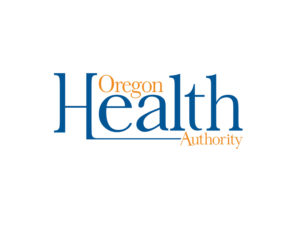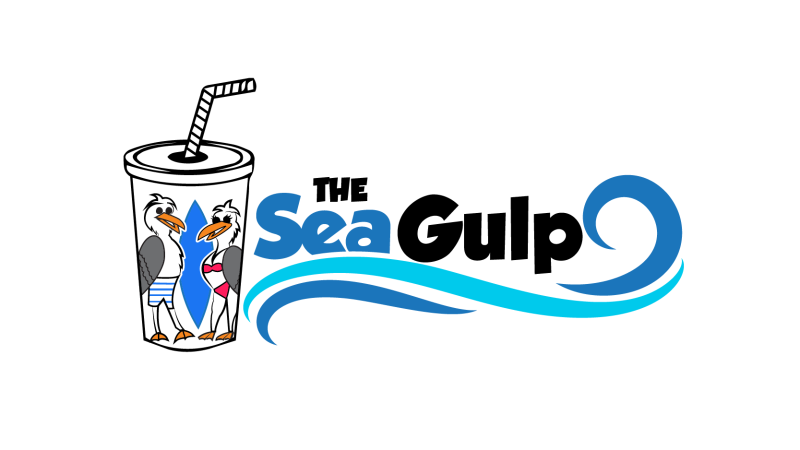 News release-Friday, September 29,2024
News release-Friday, September 29,2024The Oregon Health Authority (OHA) has issued a recreational use health advisory for Eckman Lake in Waldport due to the presence of a cyanobacteria bloom and cyanotoxins above recreational use values for human exposure.
Laboratory tests have also found high levels of saxitoxins at Eckman Lake. Saxitoxins cause paralytic shellfish poisoning. Since Eckman Lake feeds directly into the Alsea Bay estuary,
Lincoln County Public Health recommends that people refrain from harvesting or consuming softshell clams from the area.
This guidance is made in coordination with the Oregon Department of Fish and Wildlife and will remain in effect until further notice. Softshell clams from Alsea Bay will be tested for biotoxins and results are expected next week.
What is paralytic shellfish poisoning (PSP)?
Paralytic shellfish poisoning (PSP) is the most common and most severe form of shellfish poisoning. Symptoms usually start 30–60 minutes after eating the shellfish and can include:
- Numbness and tingling of the face, lips, tongue, arms, and legs.
- Diarrhea and vomiting, headache, and nausea.
What to do if someone gets PSP?
- Call Oregon Poison Control at 1-800-222-1222 for guidance.
- If someone who ate shellfish is having trouble breathing call 911. Severe cases of paralytic shellfish poisoning might require being placed on a respirator.
How can I prevent PSP?
- Avoid eating potentially contaminated shellfish.
-
Avoid harvesting seafood from beaches with biotoxin closures.
What to do with the soft shells clams you’ve collected?
Throw away any softshell clams harvested after September 9, 2024, even if they were frozen. Cooking or freezing does not make them safe.
Other important information about PSP
- Cooking or freezing shellfish does not remove toxins. Shellfish containing toxins may not look, smell, or taste any different than uncontaminated shellfish.
- Crabs feed on shellfish and may carry the toxin.
- Keep pets and service animals away from potentially toxic shellfish. They should not eat anything that looks like an algae mat, even if it is on dry ground. Algal matter can still have harmful toxins that are not safe for pets.





